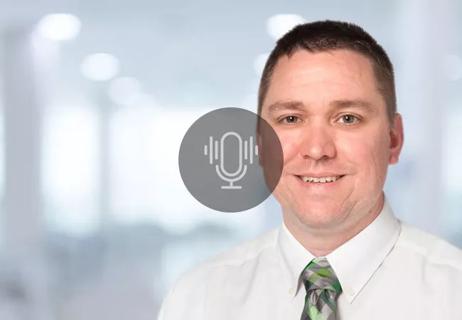
Robust research focuses on detection and prevention

Pre-retirement reflections from a pioneering clinician, researcher and educator

How healthcare technology is reshaping the clinical experience for nurses and patients alike

Nurses expand their careers by honing leadership and research skills
Advertisement
Cleveland Clinic is a non-profit academic medical center. Advertising on our site helps support our mission. We do not endorse non-Cleveland Clinic products or services. Policy

How nurses can shape popular perceptions of the profession

As advocates for their patients, nurses need to be empowered to raise concerns about potential issues

Managing this ‘balancing act’ and much more

Mentorship relationship is mutually beneficial for nurses who are committed to career-long learning

“Nurse Essentials” leans on experts to tackle the profession’s most pressing themes

New options benefit caregivers, nursing units and patients
Advertisement
Advertisement